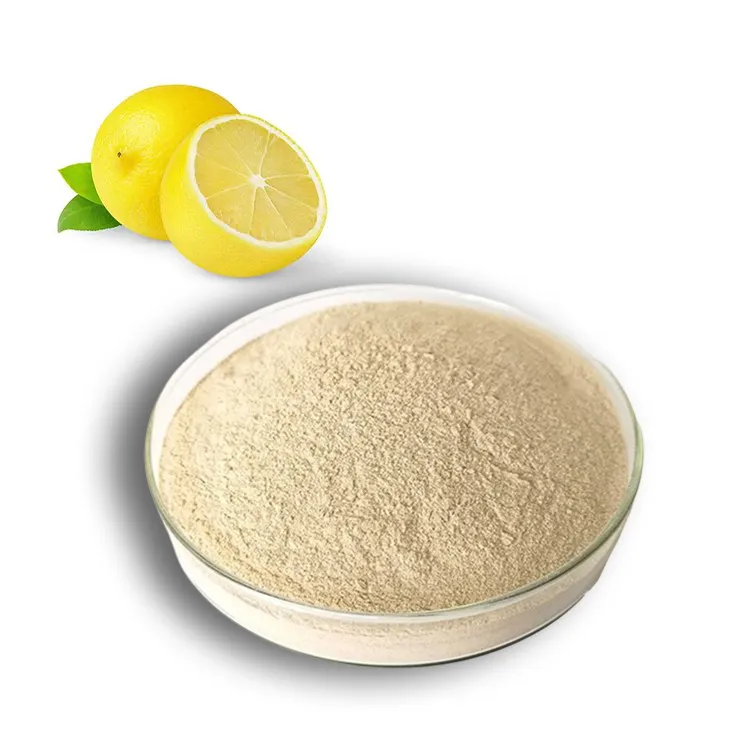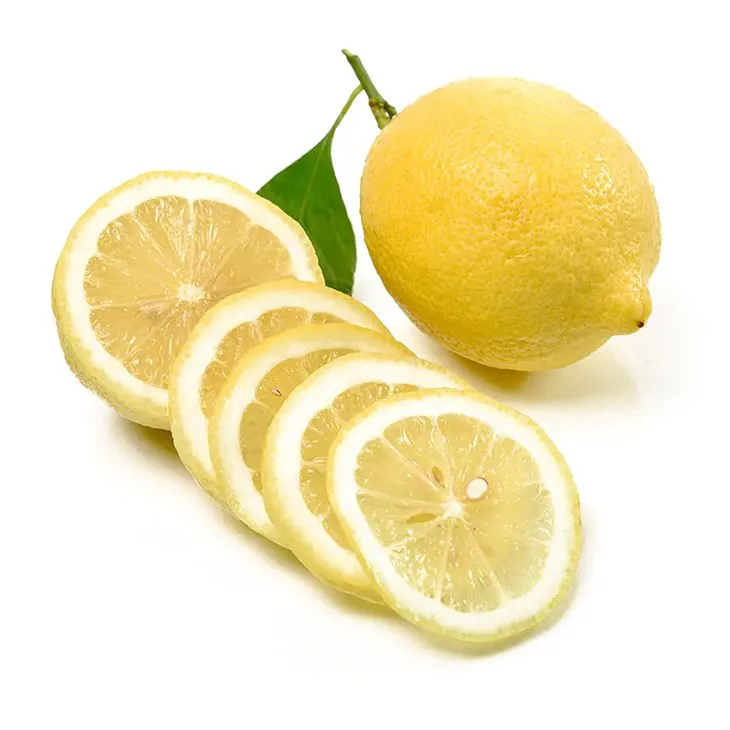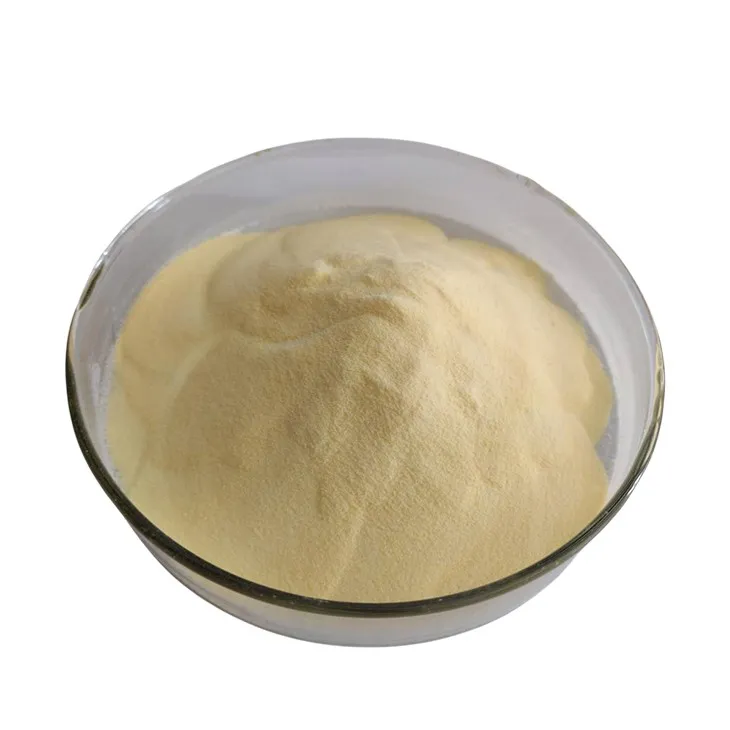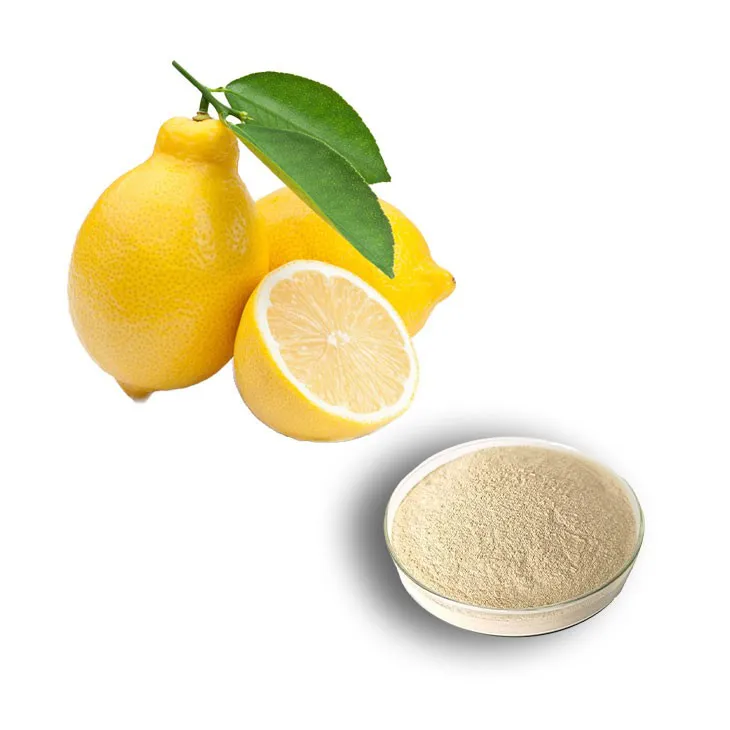- 0086-571-85302990
- sales@greenskybio.com
How do lemon extract manufacturers formulate strategies to introduce new products to the market?
2024-12-11

1. Introduction
In the highly competitive market of food additives and natural extracts, Lemon Extract manufacturers face the challenge of introducing new products successfully. The market is constantly evolving, with consumers becoming more demanding and competitors vying for a share of the pie. This article will explore the strategies that Lemon Extract manufacturers can employ to penetrate the market with new products, focusing on innovation, competitive analysis, and distribution channels.

2. Innovation as a Key Strategy
Innovation is crucial for Lemon Extract manufacturers when launching new products. It can take various forms, from new extraction techniques to novel product formulations.
2.1 New Extraction Techniques
- Manufacturers can invest in research and development to discover more efficient and sustainable extraction methods. For example, supercritical fluid extraction has gained popularity in recent years due to its ability to extract compounds with high purity while minimizing the use of solvents. By adopting such advanced extraction techniques, lemon extract manufacturers can produce higher - quality products with unique flavor profiles. - Another innovative extraction technique could be enzymatic extraction. This method utilizes enzymes to break down cell walls and release the desired compounds more selectively. It can result in lemon extracts with enhanced aroma and bioactive properties, which are highly sought - after in the market.
2.2 Novel Product Formulations
- Combining lemon extract with other natural ingredients can create new and exciting product formulations. For instance, a blend of lemon extract with lavender or chamomile extracts can target the growing market of relaxation - themed food and beverage products. This type of innovation not only expands the product range but also appeals to different consumer segments. - Manufacturers can also develop lemon extract - based products with added functionality. For example, creating a lemon extract supplement enriched with vitamins or antioxidants. Such products can position themselves in the health - conscious market segment, attracting consumers who are looking for natural and beneficial additives to their diet.

3. Competitive Analysis
Before introducing a new product, lemon extract manufacturers must conduct a thorough competitive analysis. This involves identifying existing competitors, understanding their strengths and weaknesses, and finding market gaps that the new product can fill.
3.1 Identifying Competitors
- There are both direct and indirect competitors in the lemon extract market. Direct competitors are those that produce similar lemon extracts, while indirect competitors could include companies that offer alternative flavorings or additives. For example, synthetic lemon - flavored products can be considered indirect competitors as they may compete for the same end - use applications. - Manufacturers need to research and list all potential competitors, both local and international. This can be done through market research reports, industry directories, and online searches.
3.2 Assessing Competitor Strengths and Weaknesses
- Once competitors are identified, it is essential to analyze their strengths. This could include factors such as brand reputation, product quality, and pricing strategies. For example, a well - established competitor may have a strong brand that consumers trust, which can be a significant barrier to entry for new products. - At the same time, weaknesses should also be identified. A competitor may have a limited product range or may be using less - advanced extraction techniques, which could present an opportunity for the new product. For instance, if a competitor's lemon extract has a relatively weak flavor, a manufacturer could develop a more intense and high - quality lemon extract to target customers who are looking for a more pronounced lemon taste.
3.3 Finding Market Gaps
- After assessing the competition, lemon extract manufacturers should look for market gaps. These could be unmet consumer needs or underserved market segments. For example, there may be a lack of lemon extract products specifically designed for the high - end gourmet food market. - Another market gap could be in the area of sustainable and ethically - sourced lemon extracts. With the increasing consumer awareness of environmental and social issues, a manufacturer could develop a new product line that focuses on these aspects to attract conscious consumers.

4. Distribution Channels
Selecting the right distribution channels is vital for the successful introduction of new lemon extract products.
4.1 Direct - to - Consumer Channels
- Online sales platforms are becoming increasingly popular for food products. Manufacturers can set up their own e - commerce websites or sell through major online marketplaces such as Amazon or eBay. This allows them to reach a wide range of consumers directly, bypassing traditional middlemen. - Another direct - to - consumer option is farmers' markets or local food fairs. Here, manufacturers can showcase their new lemon extract products, interact with consumers directly, and gain valuable feedback. This can also help in building a local customer base and creating brand awareness at the grassroots level.
4.2 Indirect Distribution Channels
- Wholesalers and distributors play a crucial role in getting products to a broader market. Manufacturers can partner with established wholesalers and distributors who have an extensive network of retailers. This can ensure that the new lemon extract products reach a large number of stores across different regions. - Food service providers can also be an important distribution channel. Supplying lemon extracts to restaurants, cafes, and catering companies can increase product exposure. For example, a new lemon extract with a unique flavor profile could be used in signature dishes or beverages in high - end restaurants, which can then attract the attention of consumers who may later seek out the product for home use.

5. Conclusion
In conclusion, lemon extract manufacturers need to adopt a comprehensive strategy when introducing new products to the market. Innovation in extraction techniques and product formulations can set their products apart from the competition. A thorough competitive analysis helps in identifying opportunities and threats in the market, while choosing the right distribution channels ensures that the new products reach the target consumers effectively. By implementing these strategies, lemon extract manufacturers can increase their chances of success in the highly competitive market of food additives and natural extracts.
FAQ:
1. What are the key elements in the innovation strategy for lemon extract manufacturers when introducing new products?
Innovation for lemon extract manufacturers can involve several key elements. Firstly, in product formulation, they might explore new extraction techniques to enhance the purity or flavor profile of the lemon extract. This could include using advanced technologies to preserve more of the natural compounds in the lemon. Secondly, innovation in packaging can be crucial. For example, developing packaging that better protects the extract from degradation due to light or air exposure. Additionally, finding new applications for the lemon extract in different industries such as cosmetics or pharmaceuticals can also be part of the innovation strategy. For instance, creating a lemon - extract - based skincare product with unique properties.
2. How do lemon extract manufacturers conduct competitive analysis for new product launches?
Lemon extract manufacturers start by identifying their direct competitors in the market who also produce lemon extracts. They analyze factors such as the quality of the competitors' products, their pricing strategies, and their brand reputation. Manufacturers will also look at the market share held by each competitor. In addition, they study the competitors' marketing and distribution channels. For example, if a competitor has a strong presence in a particular region through a specific distribution network, the manufacturer needs to consider how to either compete in that area or find alternative regions or channels. Another aspect is to research the innovation levels of competitors. If a competitor is known for introducing new and improved lemon extract products frequently, the manufacturer may need to step up their own research and development efforts.
3. What are the most effective distribution channels for lemon extract manufacturers to introduce new products?
One effective distribution channel is the food and beverage industry supply chain. Lemon extract is widely used in this sector, so partnering with wholesalers, distributors, and food manufacturers can be a good option. For example, getting the product into large - scale food processing plants that produce lemon - flavored drinks or desserts. Another channel could be the specialty food stores. These stores often target consumers who are interested in high - quality or unique food ingredients, and lemon extract can be positioned as a premium product here. Online platforms are also becoming increasingly important. Manufacturers can sell directly to consumers through their own e - commerce websites or use major online marketplaces. This allows them to reach a wider audience, including those who may not have access to physical stores selling lemon extract.
4. How important is branding in the strategy of lemon extract manufacturers when launching new products?
Branding is extremely important. A strong brand can differentiate a lemon extract product from competitors. It gives consumers a sense of trust and quality. For example, if a manufacturer has a well - known brand in the food industry, consumers are more likely to try their new lemon extract product. Branding also helps in creating a consistent image. Through effective branding, manufacturers can communicate the unique selling points of their lemon extract, such as its origin, the purity of the extraction process, or any special certifications it may have. It can also influence pricing strategies, as a well - branded product can often command a higher price in the market.
5. What role does market research play in the new product introduction strategy for lemon extract manufacturers?
Market research is fundamental. It helps manufacturers understand the current and future demand for lemon extract products. For example, by studying consumer trends, they can identify if there is a growing demand for organic or natural lemon extracts. Market research also reveals consumer preferences regarding taste, packaging, and price. This information is crucial for formulating a product that will appeal to the target market. Additionally, it helps in identifying potential market gaps. If research shows that there is a lack of lemon extract products targeted at a specific segment, such as professional bakers, manufacturers can develop a new product to fill that gap. Moreover, market research can assist in predicting the competitive landscape and how new products will be received by consumers.
6. How can lemon extract manufacturers ensure the quality of their new products?
Manufacturers can ensure quality in several ways. Firstly, they need to source high - quality lemons. This involves working with reliable suppliers who can provide lemons of consistent quality. In the extraction process, strict quality control measures should be implemented. This includes monitoring factors such as temperature, pressure, and extraction time to ensure the extract is of the desired potency and purity. Testing the final product for various parameters such as chemical composition, flavor, and microbiological safety is also essential. Additionally, following industry - recognized quality standards and certifications, such as ISO standards, can help in ensuring the overall quality of the new lemon extract products.
Related literature
- Innovation in the Food Ingredient Industry: The Case of Lemon Extracts"
- "Competitive Strategies in the Extract Manufacturing Market"
- "Distribution Channels for Specialty Food Ingredients: A Focus on Lemon Extracts"
- "The Power of Branding in the Food Extract Business"
- "Market Research for New Product Development in the Lemon Extract Sector"
- ▶ Hesperidin
- ▶ Citrus Bioflavonoids
- ▶ Plant Extract
- ▶ lycopene
- ▶ Diosmin
- ▶ Grape seed extract
- ▶ Sea buckthorn Juice Powder
- ▶ Fruit Juice Powder
- ▶ Hops Extract
- ▶ Artichoke Extract
- ▶ Mushroom extract
- ▶ Astaxanthin
- ▶ Green Tea Extract
- ▶ Curcumin
- ▶ Horse Chestnut Extract
- ▶ Other Product
- ▶ Boswellia Serrata Extract
- ▶ Resveratrol
- ▶ Marigold Extract
- ▶ Grape Leaf Extract
- ▶ New Product
- ▶ Aminolevulinic acid
- ▶ Cranberry Extract
- ▶ Red Yeast Rice
- ▶ Red Wine Extract
-
Tormentil Extract
2024-12-11
-
Curcumin Extract
2024-12-11
-
Shikonin
2024-12-11
-
Purple Sweet Potato Extract
2024-12-11
-
Citrus bioflavonoids
2024-12-11
-
Wheat Germ Extract
2024-12-11
-
Lemon Balm Extract
2024-12-11
-
Yohimbine Bark Extract
2024-12-11
-
Plantain extract
2024-12-11
-
Sea buckthorn Juice Powder
2024-12-11





















